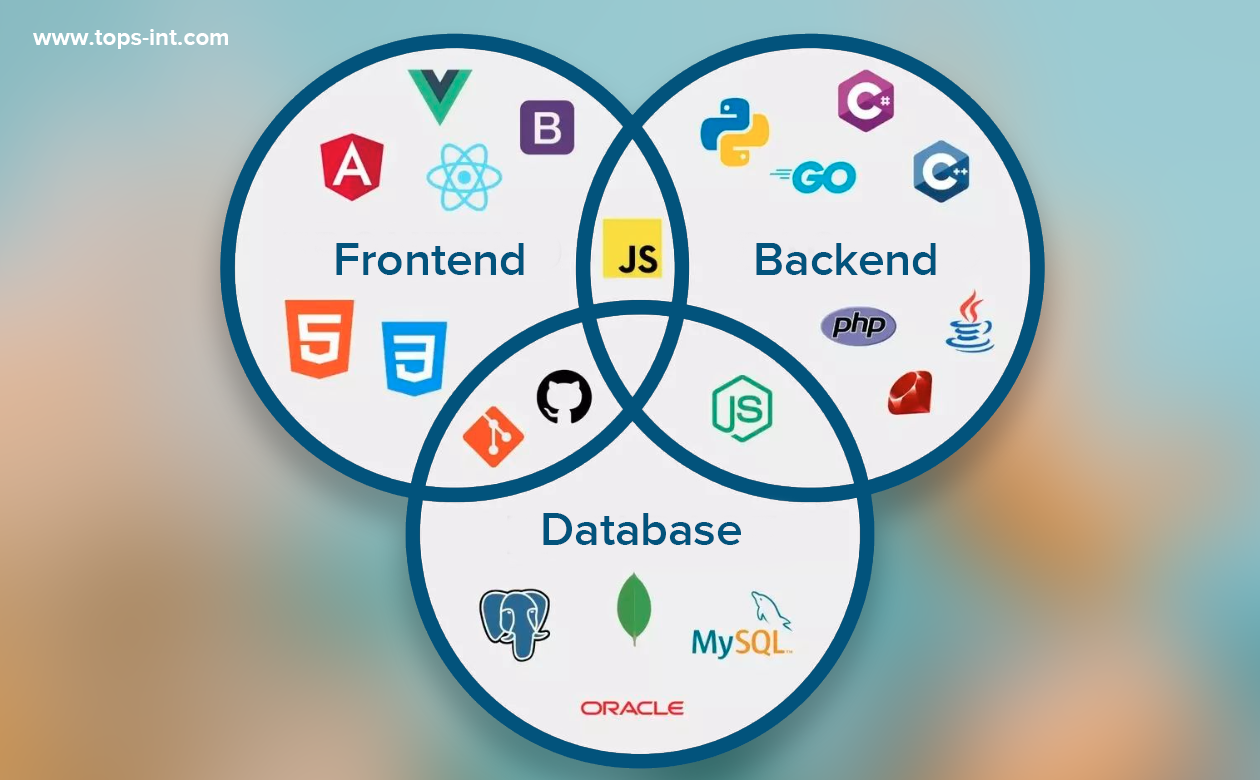
In today’s ultra-competitive job market, companies are in a race not only to find the best talent but also to do so quickly and efficiently. Artificial Intelligence (AI) is stepping in to redefine how hiring is done. What once required entire HR departments and weeks of manual effort can now be automated or augmented by intelligent systems capable of screening, assessing, and even interviewing candidates. The future of recruitment is not just digital—it’s intelligent.
How AI is Transforming Recruitment Today
AI in recruitment isn’t a concept of the future; it’s already happening. Companies are using AI to sift through hundreds of resumes in seconds, identify qualified candidates based on data patterns, and even predict cultural fit. Applicant Tracking Systems (ATS) powered by AI can rank and shortlist candidates based on predefined criteria, reducing human bias and improving time-to-hire metrics.
Chatbots and AI-powered virtual assistants are also becoming more common, handling everything from answering candidate queries to scheduling interviews. These tools allow HR teams to focus more on strategic tasks and human interaction, rather than getting bogged down by repetitive administrative duties.
Video Interviews and AI Assessment
One of the most exciting developments is the rise of AI-powered video interviews. These platforms use natural language processing and facial recognition to assess a candidate’s communication skills, emotional intelligence, and even honesty. While controversial in some circles, these tools are gaining popularity for their ability to offer a standardized evaluation framework.
AI Recruitment Software are leveraging AI to create structured, unbiased, and efficient interview processes. The use of AI in video interviews can save companies hundreds of hours in screening time, all while giving candidates a more engaging experience.
Benefits of AI in Hiring
The advantages of incorporating AI into recruitment are numerous:
• Speed: AI can screen thousands of resumes in a fraction of the time a human would take.
• Accuracy: It eliminates human error and standardizes the selection process.
• Bias Reduction: Properly trained AI models can help reduce unconscious bias, promoting a more diverse workforce.
• Scalability: AI systems can handle a virtually unlimited number of applications, which is invaluable during high-growth periods.
• Cost-Efficiency: By reducing the time and resources spent on hiring, companies save significantly on recruitment costs.
Ethical Considerations and Challenges
However, the integration of AI in recruitment also comes with challenges. The most pressing concern is the potential for algorithmic bias. If the data used to train AI systems is biased, the output will be too. This can lead to unfair hiring practices and even legal issues.
Transparency is another issue. Candidates may feel uncomfortable knowing they’re being evaluated by a machine, especially if they don’t understand how decisions are being made. Companies must ensure that their AI tools comply with ethical standards and data privacy laws like GDPR.
Moreover, the human touch still matters. While AI can assist in the early stages of hiring, it cannot replace the empathy, intuition, and relational insight that a human recruiter brings to the table.
The Rise of White-Label AI Recruitment Tools
A growing trend in the recruitment technology space is the adoption of white-label AI recruitment platforms. These solutions allow organizations and recruitment agencies to integrate powerful AI tools under their own brand. This not only enhances brand consistency but also enables greater customization in how recruitment workflows are managed.
Platforms like RemotePlatz.ai offer such white-label solutions that combine AI video interviews, smart candidate matching, and automated communication workflows. These tools empower internal talent teams and agencies to act with the speed and precision of top-tier recruitment firms without building the technology in-house.
Future Trends to Watch
As AI continues to evolve, several trends are set to shape the future of recruitment:
• Hyper-Personalization: AI will enable highly tailored candidate experiences, adapting communication and processes based on individual preferences and behavior.
• Predictive Analytics: Future systems will not just evaluate candidates, but predict their success and retention probability.
• Voice and Emotion Analysis: More sophisticated tools will analyze vocal tone, facial expressions, and micro-behaviors to assess candidate fit.
• End-to-End Automation: From job posting to offer letter, AI will power entire recruitment pipelines with minimal human intervention.
• AI-Driven Employer Branding: Intelligent systems will also help companies craft and tailor their employer branding to attract ideal candidates.
Conclusion
The future of AI in recruitment is not about replacing humans, but about empowering them. By automating repetitive tasks, removing bias, and enabling data-driven decisions, AI allows recruiters to focus on what they do best: building relationships, understanding people, and making strategic hiring choices.
Companies that embrace AI today will not only gain a competitive edge but also lay the foundation for a more efficient, inclusive, and intelligent hiring process. As the technology continues to mature, the fusion of human insight with machine precision will become the new gold standard in recruitment.
Now is the time to adapt, experiment, and lead in this new era of smart hiring.



